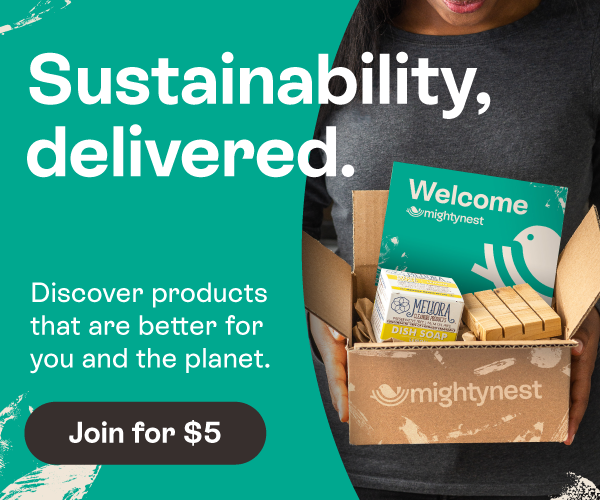
What's the deal with BPA-free? We all see the stickers plastered on loads of new products from baby bottles to sippy cups to canned goods. These are obviously an attempt to allay the fears of consumers who've caught wind of the BPA nightmare and are looking for a safe alternative. But is that alternative really safe?
A quick refresher on BPA - a petroleum-based plasticizer used as a means to harden plastic bottles, prevent rust in linings of cans (such as soup, canned fruits & veggies, etc) in paper thermal receipts, etc. BPA has been linked to a spectrum of health issues including cancer, ADHD, asthma, and the troubling scrambling of hormones as it acts as an endocrine disruptor. Many states have imposed bans on BPA in baby bottles and companies have voluntarily substituted an alternative to BPA. Europe has moved forward with toxic chemical legislation and France has proposed a ban on BPA in all food packaging. Karen O'Brien, executive director of the scientific foundation Advancing Green Chemistry nails it on the head, "Doesn't someone making a product want to sell in Europe and not piss off American moms?"
According the Huffington Post, this past December, "robots began cell-based tests of 10,000 chemicals to look for a range of potential toxicities, including hormone effects. BPA proved to be one of the most potent among the chemicals studied so far -- with the exception of a BPA replacement that messed with hormone receptors even more than the original."
"Under the current legislative situation, there's no assurance whatsoever that whatever comes along as a replacement is going to be any safer," said Dr. Philip Landrigan, chairman of the department of preventative medicine at the Mount Sinai School of Medicine. "We can't test chemicals properly until we have new legislation in this country."
As a chemical analogy, think about the dangerous chemicals that make up PCB's (polychlorinated biphenyls). After they were banned in the 70's, the alternative, PBDE (polybrominated diphenyl ether) took it's place. That is, only until it was determined that PBDE, a close chemical cousin of PCB's was JUST AS HARMFUL, IF NOT MORE! Sound familiar?
However, things may get a litlte easier with the help of the Tox21 program. In acknowledgement of the many shortcomings faced by the current and outdated toxic chemical legislation, several federal agencies have formed a new program to test larger volumes of chemicals. Stay tuned for more on this program.
At MightyNest, we opt for using products that are mainly made from REAL materials so our food and skin are safe from harmful chemicals that may haven't made it to the testing lab yet. We know that glass, stainless steel, wood, cast iron and organic cotton are good for us, because they're made from KNOWN materials.
Do you choose real materials for your home?

